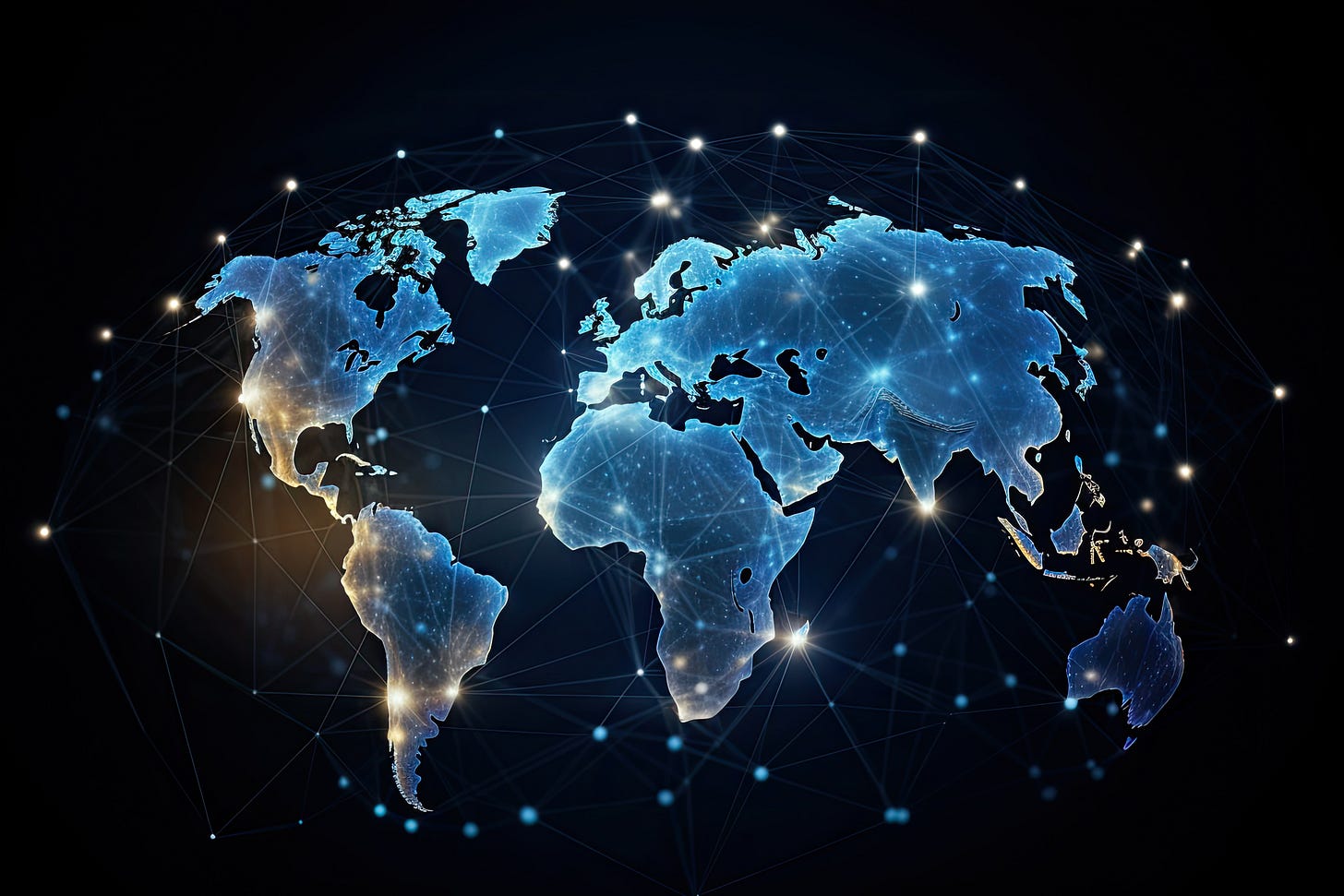To double-derisk or not to double-derisk? That’s the question that should be asked at this week’s Global Gateway Forum
On 9-10 October, the EU will hold the second Global Gateway Forum. The session themes, side events and invited speakers reflect the current sense of urgency gripping the EU and its priorities.
On 9-10 October, the EU will hold the second Global Gateway Forum. The session themes, side events and invited speakers reflect the current sense of urgency gripping the EU and its strategic priorities.
Three main priority clusters stand out on the agenda – transport security for trade and supply chains, digital competition for both cybersecurity and market dominance, and – though less prominently – sustainability.
Following Poland’s decision to close its eastern border, the ’Turkey-South Caucasus-Central Asia’ connectivity initiative has been bumped up the flagship projects list. The EU’s Central Asia-focused Middle Corridor now includes a new vision of the South Caucasus, focusing not once-close ally Georgia but rather on Armenia, being represented at the Forum by its prime minister, following the peace deal brokered by President Trump.
IMEC, a former – stillborn – rival of the Middle Corridor, appears twice on the Forum agenda, as part of the EU’s digital connectivity mapping and in a side event that will possibly discuss the initiative’s geopolitical potential amid the ongoing regional crisis.
The Forum’s agenda also lists several projects that can be grouped together under digital connectivity – the Blue-Raman digital cable system connecting Europe with the eastern Mediterranean and North Africa, the ASEAN power grid, the development of hydropower in Central Asia, the Medusa submarine cable network, green shipment corridors and electrification programmes in Africa, Latin America and the Caribbean.
These projects share two main goals: outcompeting China in green grid infrastructure investments amid the Global South’s emerging ‘electrostate’ transitions and strengthening cybersecurity both within the EU and among its like-minded partners.
Yet there’s a key tension that’s lingering beneath the glossy surface, namely that many of these projects are likely to be financed or supplied by US tech companies such as Google and Microsoft.
As Europe works to reduce its dependence on China, it could easily fall back into bad habits, namely by entrenching its reliance on American technology and capital. This is because Brussels hasn’t yet fully convinced itself of the urgency to ‘double-derisk’ from both China and the US.
In short, this year’s Global Gateway Forum isn’t just about infrastructure – it’s about how Europe should define its global role in an era of fractured supply chains, digital competition and geopolitical realignment.
And, finally, as an act of shameless self-promotion, CEPS is organising a public event on Wednesday 8 October, before the Forum’s official IMEC side event to specifically bring Gaza back into the geoeconomic conversations about the region’s future. This event is free and open the public, so if you’re in Brussels and free, please do consider signing up!
Ceren Ergenc, Research Fellow.

